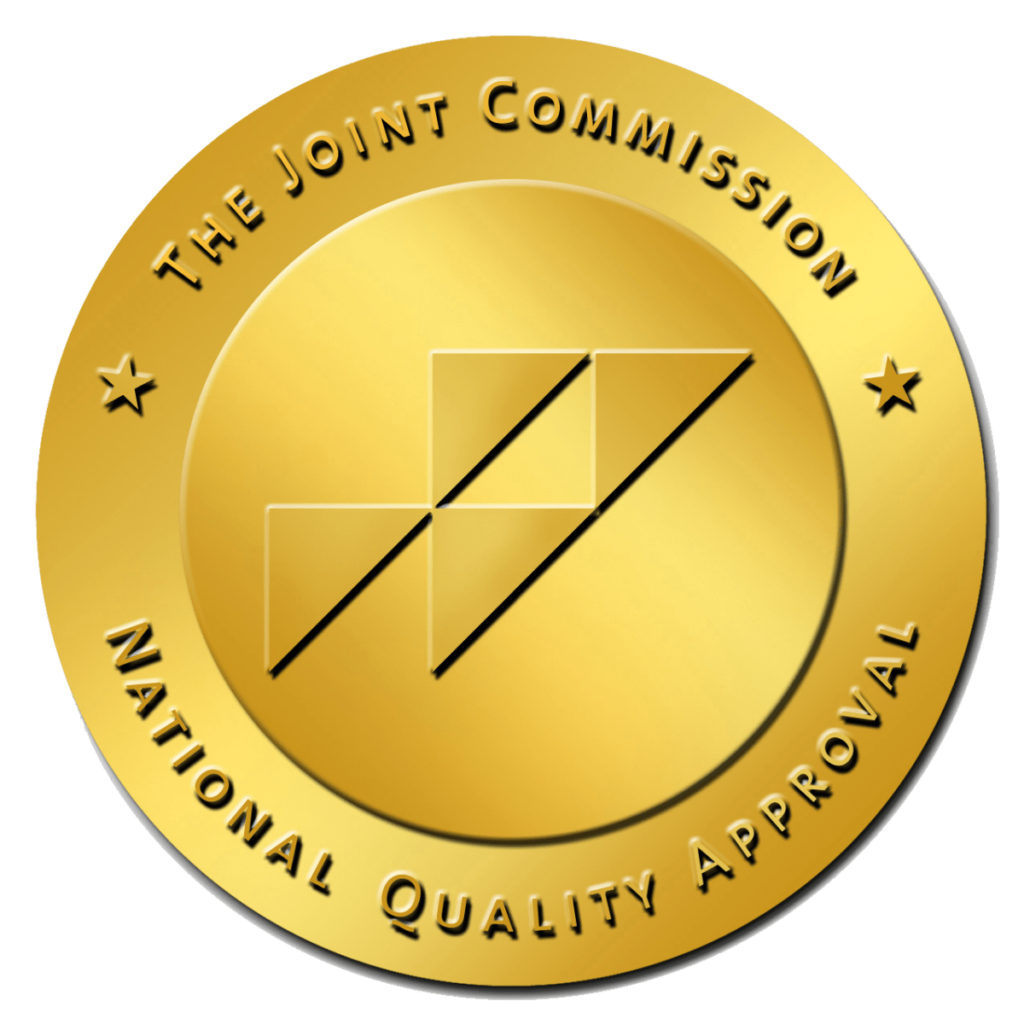Choose Facility
What Makes Diagnosing Bipolar Disorder So Challenging?
Bipolar disorder is a mental illness that is characterized by periods of extreme highs and lows in mood and energy levels. The exact cause of bipolar disorder is unknown, but it is believed to be a combination of genetic and environmental factors.
While the symptoms of bipolar disorder can be severe, the condition is highly treatable. However, it can often take a long time to receive a diagnosis of bipolar disorder. This is because the symptoms can be similar to other mental health conditions, and it can be difficult to distinguish between them.
There are several reasons why it can take a long time to diagnose bipolar disorder. One of the most common is that people may not seek help until they are in a low mood. This is because they may not realize that their symptoms are due to a mental illness. Instead, they may attribute them to stress or other external factors.
Another reason why it can take a long time to diagnose bipolar disorder is that the symptoms can vary greatly from person to person. This can make it difficult for doctors to make a diagnosis. Often, a diagnosis of bipolar disorder is only made after a person has been seen by several mental health professionals.
If you think you or someone you know may be suffering from bipolar disorder, it is important to seek help as soon as possible. Early diagnosis and treatment can make a big difference in managing the condition.
How is Bipolar Disorder Diagnosed?
Bipolar disorder is diagnosed by a mental health professional, such as a psychiatrist, after a comprehensive evaluation. This evaluation usually includes a medical history, a psychological evaluation, and a physical examination.
During the evaluation, the mental health professional will ask questions about your symptoms and how they have affected your life. They will also ask about your family history of mental illness and any other medical conditions you have.
The mental health professional may also ask you to complete a mood chart. This chart tracks your moods over time and can help the mental health professional to identify patterns in your symptoms.
Once the evaluation is complete, the mental health professional will make a diagnosis based on the criteria in the Diagnostic and Statistical Manual of Mental Disorders (DSM-5). To be diagnosed with bipolar disorder, you must have had at least one episode of mania or hypomania.
What are the Treatment Options for Bipolar Disorder?
There are several different treatment options available for bipolar disorder. The most common is medication, which can help to stabilize your moods.
Other treatment options include psychotherapy, which can help you to understand and manage your condition. You may also be offered electroconvulsive therapy, which can be effective for people who do not respond to medication.
If you have bipolar disorder, it is important to seek help as soon as possible. Early diagnosis and treatment can make a big difference in managing the condition.
Conclusion
It is clear that bipolar disorder is a complex mental illness that can be difficult to diagnose. There are a number of factors that can contribute to the delay in diagnosis, including the nature of the symptoms, the lack of awareness about the disorder, and the stigma associated with mental illness. However, with the help of a qualified mental health professional, it is possible to get an accurate diagnosis and begin the process of recovery.
Sierra Meadows Behavioral Health is Fresno’s premier provider of adult mental health counseling and therapy programs. Our programs are run by experienced therapists that treat anxiety, depression, and other mental health conditions through individual, group, and family counseling. Take charge of your mental health in Fresno by getting in touch with us today!
Certified by the State Department of Health Care Services. Certification Number: 100011AP. Expiration Date: 12/31/2025. Certification Number: 100011BP. Expiration Date: 06/30/2024.
https://data.chhs.ca.gov/dataset/sud-recovery-treatment-facilities
All Rights Reserved © 2024 by Sierra Meadows Behavioral Health | Sitemap | Privacy Policy |HIPAA Statement | Billing Policy

